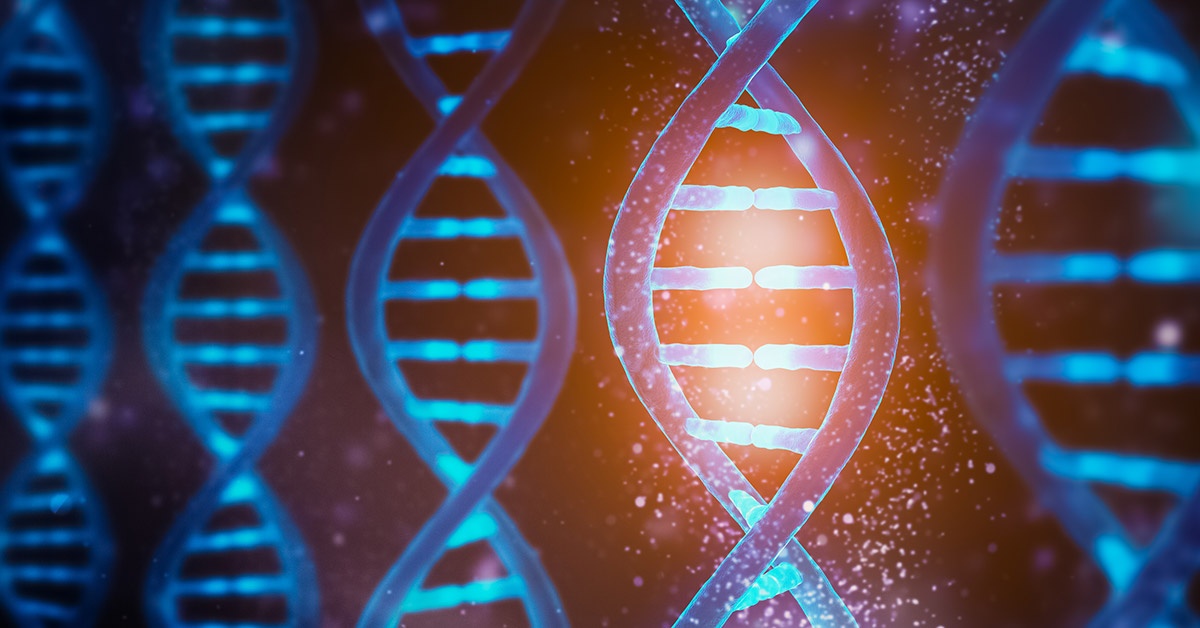
School of Public Health researchers have received nearly $2 million in grants to identify segments of human genetic code associated with the onset of diabetes. The research is led by Professors Baolin Wu and Jim Pankow and funded by the National Institutes of Health (NIH) and the National Science Foundation.
“We are trying to identify novel genetic markers associated with various traits in order to develop personalized treatments for patients,” says Wu.
Wu and Pankow are specifically searching for sequences in genetic code associated with how the body uses insulin and glucose. Understanding the genetic under-pinnings of those traits and diabetes will give researchers a foundational understanding of the disease and allow them to create treatments that address the illness at its very source.

The genetic data that the researchers are studying comes from a pool of thousands of people from across the U.S. and is gathered by the NIH’s Trans-Omics for Precision Medicine (TOPMed) Program. The researchers are developing new, powerful statistical methods and computational software in order to sift through the huge amounts of information and find the genetic codes that are unique to people with diabetes.
“Our developed methods and tools will be useful to the general community of statistical genetics and genetic epidemiology,” says Wu. “They are broadly applicable to analyze the large-scale genetic data associated with generally complex traits in many diseases.”
Wu and Pankow expect the project to be completed in 2024 and will share the results through journal publications and computational software.

